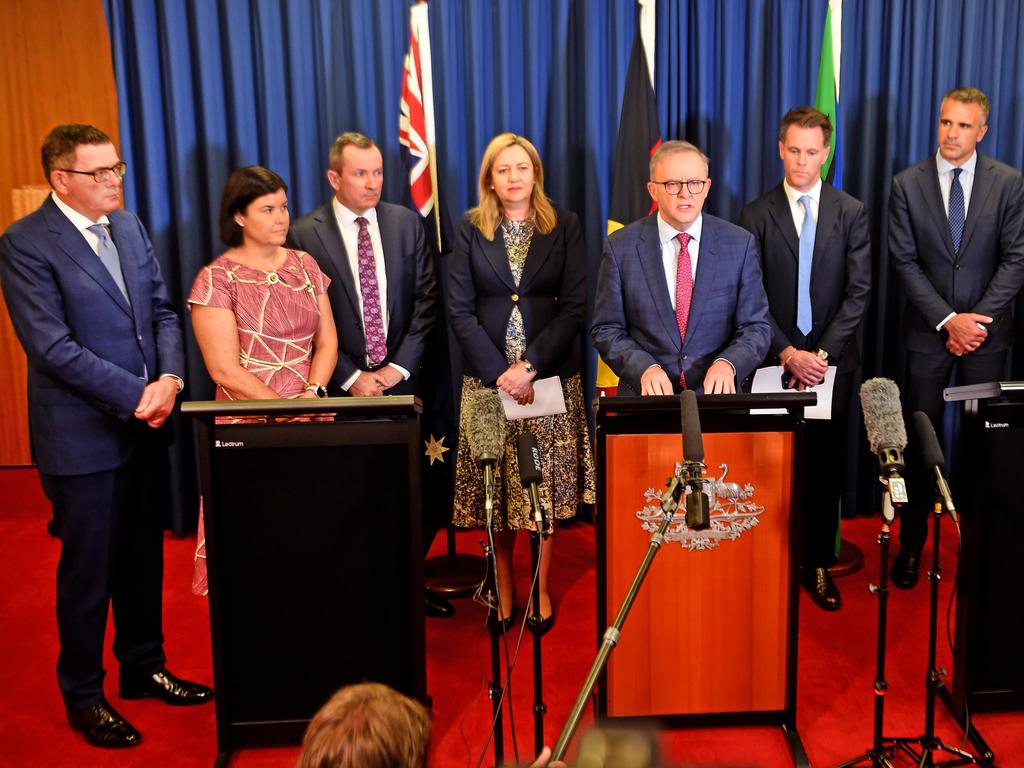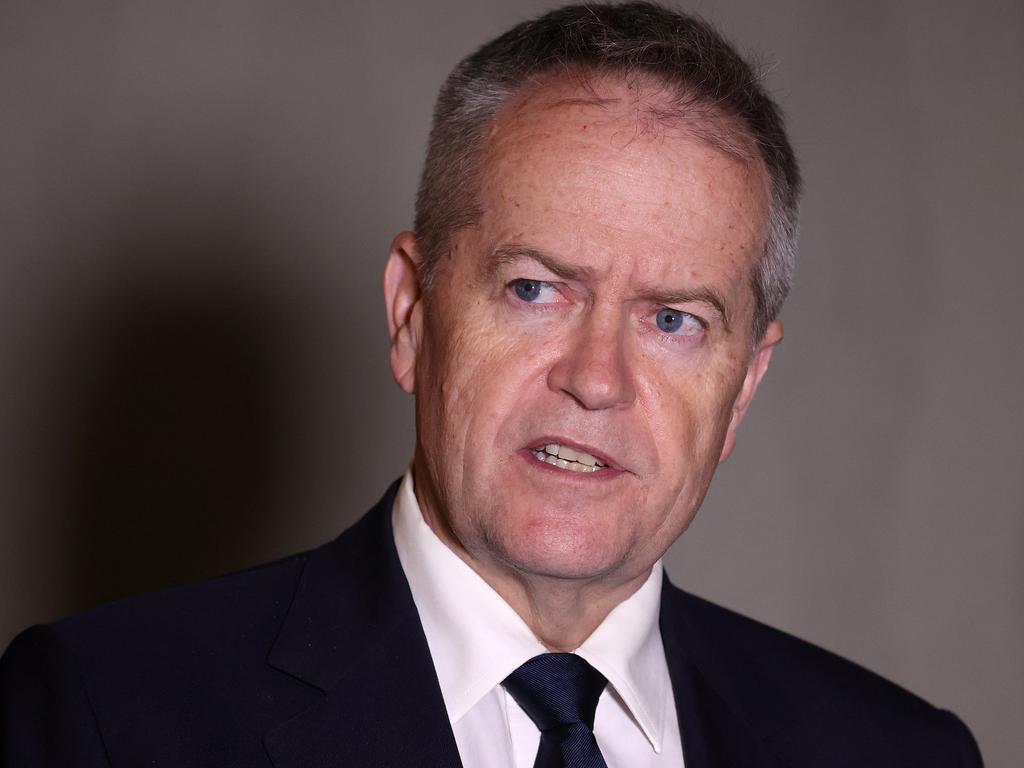Aged-care pay rise ‘a disability worry’
Disability providers, unions and advocacy groups have raised concerns that the 15 per cent pay rise in aged care will lead employees to leave the disability sector.

Disability providers, unions and advocacy groups have raised concerns that the 15 per cent pay rise in aged care will lead employees leave the disability sector for what they see as a better wage.
It comes ahead of sweeping reforms expected out of the Disability Royal Commission in September and the NDIS review in October, which many groups in the disability sector predict will demand a bigger workforce.
The government announced last week that 250,000 aged-care workers would receive a record 15 per cent pay rise from July this year through an $11.3bn federal investment in the budget.
Australian Federation of Disability Organisations chief executive Ross Joyce said there was a concern about the aged-care pay rise giving workers in the disability sector a signal to move into aged care.
“It does create an issue for a slide across for people in disability support, who might think ‘that’s looking rather good, that’s getting the wage to where I should be’,” Mr Joyce said.
“As with aged care, in disability support work the wages do need a lift. It will be curious to see what the Disability Royal Commission says on that.”
Disability provider Aruma chief executive Martin Laverty said he was concerned about the impact the aged-care pay rise would have on recruiting. “The game-changer 15 per cent pay rise in aged care was so desperately needed, yet it risks making recruiting into disability care tougher,” he said.
“Aruma’s workforce of 6000 currently has 100 support worker vacancies, mostly in hard-to-fill country areas. Better pay would help, but pay rates are tied to already stretched NDIS funding.”
Health Services Union national secretary Lloyd Williams said he wasn’t concerned about any impact to disability workers in residential facilities – whose wages were historically above those in aged care – but that many of those working with disabled Australians in their homes would now be paid less than aged-care workers after the wage rise.
“For workforce mobility, differences in wages becomes a problem,” he said.
Australian Services Union secretary Angus McFarland said the issue was not the difference in wages compared to the aged-care sector, but a tendency for disability providers to pay workers on the wrong award. He said some disability workers were inappropriately paid under the home-care award, which was lower than the rate meant to be paid to disability workers regardless of whether they worked in a residential facility or someone’s home.
NDIS Minister Bill Shorten said he was pleased with the outcome for the aged-care wage rise and would “continue being committed towards the best outcomes for NDIS workers”.








To join the conversation, please log in. Don't have an account? Register
Join the conversation, you are commenting as Logout